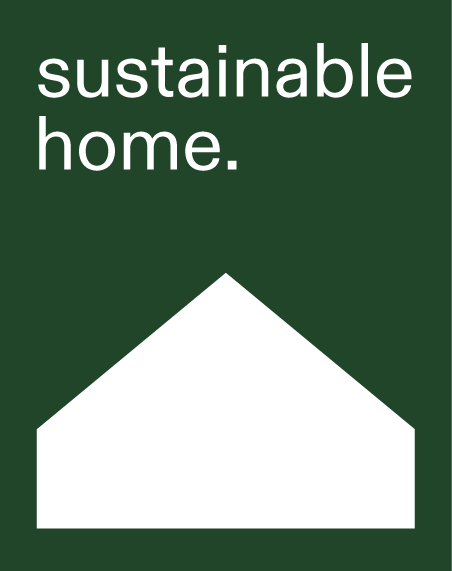When Perth-based architect Matt Delroy-Carr decided to build his own family home, he saw it as a research opportunity to grow his knowledge about sustainable design.
The owner of MDC Architects purchased a small block in White Gum Valley, not far from Fremantle, and set himself the challenge to ‘test and evaluate the best ways to reduce operational and embodied carbon’ in construction.
‘The project was inspired by my motivation to provide climate-responsive design solutions for young couples and families — many of whom who have been unfairly locked out of home ownership by rising property prices,’ Matt explains.
He started the design process in late 2020, and by October 2022, Farrier Lane House was complete.
The property is built from a hybrid of masonry and timber construction, with almost all of the materials chosen not for their aesthetics, but their sustainable qualities.
Concrete floors and carbon-neutral brick walls help stabilise the home’s temperature, and a central void in the dining room acts as a thermal chimney to vent warm air up and out of the upper-level windows.
The floorplan has been designed in response to its environment too: extensive glazing allows the winter sun to warm the concrete floors, carefully positioned windows capture the famous cooling Fremantle breezes, and mature trees provide shade at different times of day.
Matt notes while some of the building materials used here have high embodied carbon — due to the environmental toll of mining and manufacturing natural resources — these were ultimately selected to reduce the home’s long term carbon footprint.
‘Improving a home’s passive thermal performance goes a long way here, as there is far less reliance on artificial heating and cooling required per annum,’ Matt says.
He adds that the solar panels on the roof were ‘the last piece of the puzzle’ that led the project to be labelled as a ‘true net zero’ carbon build — an emerging environmental certification that recognises how the property will produce more energy than it consumed over its assumed lifespan, as assessed by Cerclos.
The main challenge was ensuring the build didn’t compromise on the family’s need for liveable and comfortable spaces, but the house itself is impressively welcoming. Its tall, angled roof line and steel accents make reference to more rural ‘shed’ structures, and there’s a calming sense of simplicity once you step inside the 145-square-metre footprint.
Matt says his ‘compact’ design deliberately leaves a ‘significant portion’ of the 315 square-metre site for outdoor play in the lush gardens.
‘Designing a carbon negative home is largely about is size,’ Matt says. ‘If we can shift our thinking to the “right size” house being something substantially smaller than the average, there will be many more carbon neutral homes being built.
‘Being able to live in a home that is comfortable all year round is a wonderful thing to have. And its something so easy to achieve if it’s the first consideration in the design process.’
MDC Architects has designed and launched a series of sustainable house plans, so that others can replicate this project. Find out more here.
































































